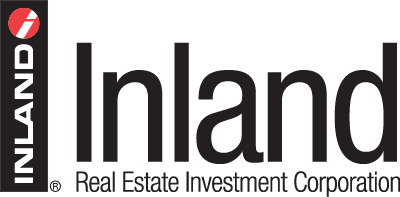Seasoned commercial real estate investors have a deep understanding of the four phases of the real estate cycle and a keen awareness of where we are in the cycle at any given time. The cycle and the related conditions of the market are best illustrated in these two charts developed from ongoing research conducted by Denver University - Burns School of Real Estate & Construction Management and the Family Office Real Estate Institute.
Vacancies During Various Real Estate Market Cycles
Rental Growth Rates During Real Estate Market Cycles
What does the commercial real estate (CRE) market cycle look like at the beginning of 2023? Unfortunately, analysts aren’t quick to provide answers since so many dynamics can influence rental growth rates, including geography and property type. We can get a glimpse of anticipated economic conditions, however. According to work conducted by the Urban Land Institute in a December 2022 report:
The general expectation is that the U.S. economy will enter its contraction phase somewhere between December 2022 and April 2023 and then continue until 2024. - Urban Land Institute
2022 data from the same Denver University study suggests that most property types remained in the expansion phase as the year ended. The office sector in many major markets had already moved into oversupply and expansion phases. The apartment sector in Atlanta, Austin, Nashville, and Tampa had also moved into the oversupply phase. Certain strategies and asset classes are likely to experience more stable rent growth than others during late-cycle real estate markets.
When Quality Prevails
Before considering what property types your clients might want to own during economic downturns, they should consider owning quality assets. High occupancy Class A quality properties in strong markets are generally characterized as core and core plus strategies. In addition, these premium properties typically have low leverage and are well capitalized to help withstand downward rent pressure when conditions change.
That being said, it is important to keep in mind that Class B properties should not be ignored when looking to own real estate assets as the economy slows down. For example, during a recession, the renter pool for Class B apartment properties can include Class A renters looking to reduce rent costs by moving to Class B properties that have been renovated and are still high-quality.
The Move Toward Need-Based Assets
Commercial property types that tend to perform well in different market cycle phases are often referred to as needs-based asset classes. These include properties like multifamily apartments, senior housing, manufactured housing, healthcare, and self-storage, which most people consider essential during good times and bad.
This does not suggest other properties like industrial data centers will underperform during late-cycle phases. But needs-based assets may prove to be resilient.
Geography
Investors can further insulate themselves from late-cycle economic conditions by diversifying their portfolio with commercial properties in different geographies. History has shown that only some primary or secondary markets are impacted similarly during slow growth periods. Consider helping your clients create a diversified commercial real estate portfolio to reduce location concentration risk.
Now is an excellent time to help your clients assess their current CRE holdings and evaluate investment strategies. Register for our Inland Due Diligence Marketplace here, where you can begin to research a range of strategies that we believe are well-positioned for a variety of investor needs.
Initial research resources:
https://avistone.com/learn/understanding-the-four-phases-of-the-commercial-real-estate-cycle/
https://mirealestate.us/the-four-economic-multifamily-market-phases/
https://www.nar.realtor/blogs/economists-outlook/commercial-real-estate-is-slowing-down-in-q3-2022
https://www.alphai.com/articles/recession-resilient-commercial-real-estate-investing/

